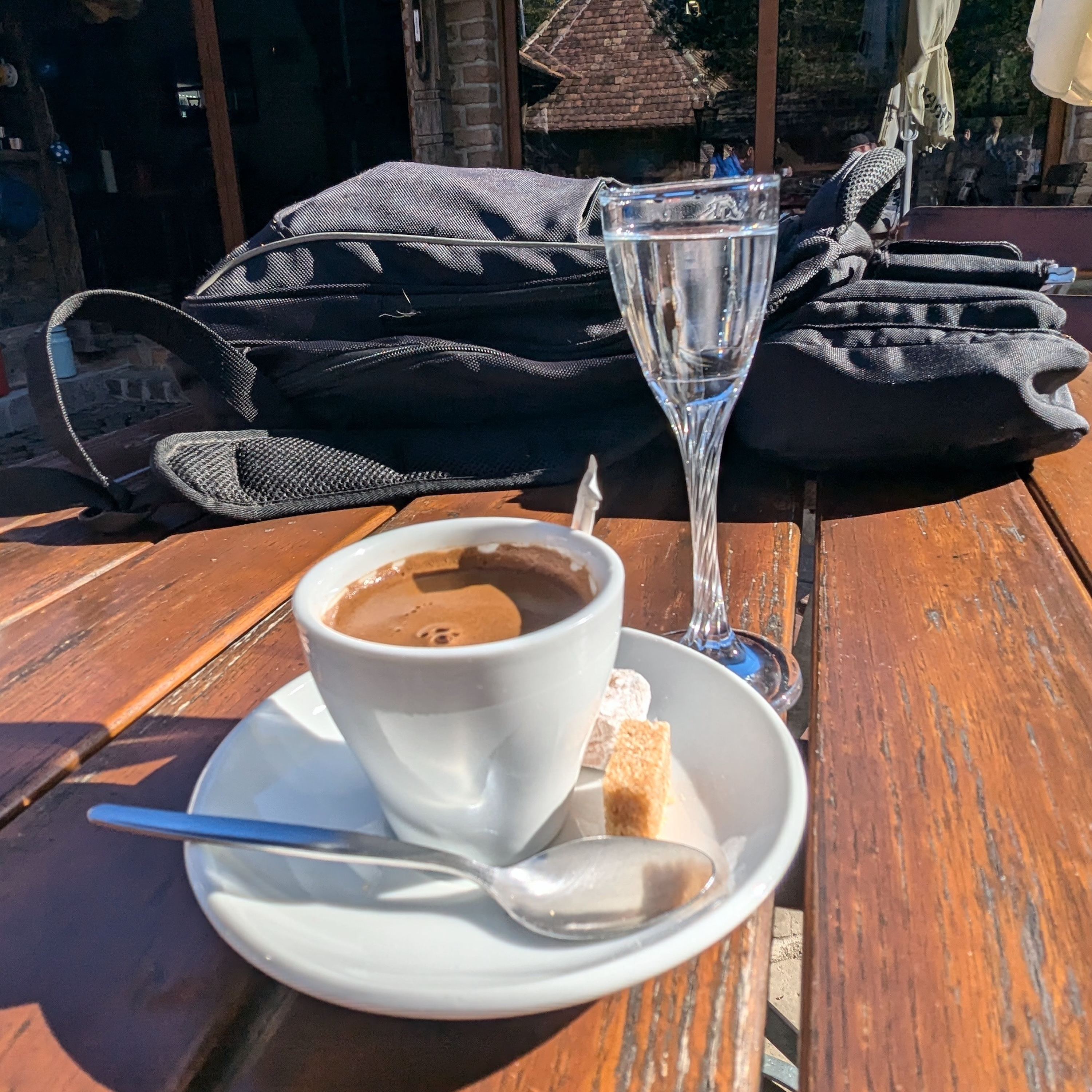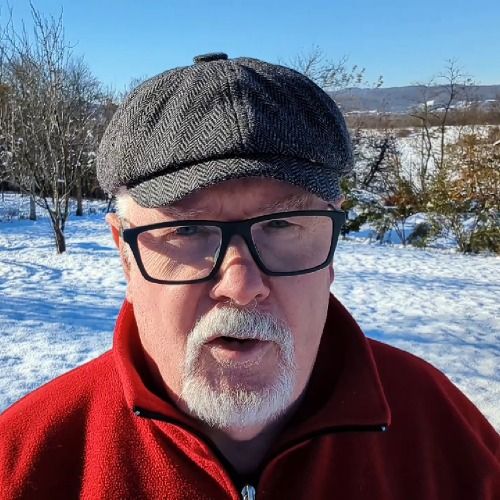The Power of Audio Storytelling in the Balkans
Painting Pictures with Words and Sound.
In this episode I want to share an intriguing conversation I had with Alexandra Bučko, a passionate podcasting enthusiast in the Western Balkans. In this interview, we delve into the world of podcasting and the challenges and opportunities it presents in the region.
The Balkans is a place of rich culture and history, where people gather in coffee bars to discuss their ideas and thoughts. However, when it comes to mainstream media, the landscape is different.
That true independent media can be challenging to find in the region.
Podcasting is gaining popularity in the Western Balkans, with individuals in countries like Bosnia and Herzegovina, Macedonia, Croatia, and Serbia entering the podcasting scene.
Alexandra emphasised the importance of storytelling and creativity in podcasting. She shares how audio allows for a unique form of storytelling, painting pictures with words and sound. Podcasts have the advantage of offering on-demand content that can last for years, making them a valuable platform for preserving stories and sharing them with the world.
We explored the challenges faced by podcasters in the Balkans, including the misconception that podcasting hasn't yet taken root in the region. Alexandra highlighted that podcasting is growing, and the key lies in consistent, creative, and community-building efforts.
She also provided valuable insights into promoting a podcast, such as using press releases, collaborating with local and national media, involving influencers, and guesting on other podcasts. These strategies can help grow a podcast's audience and foster a sense of community.
One of the most inspiring moments in the interview was Alexandra's work on a podcast about well-being and mental health. The project seeks to make audio content more inclusive by providing transcripts, thus opening up the world of podcasting to those with hearing impairments. This innovative step toward inclusion showcases the power of podcasting to promote mental health and reach a wider audience.
Aleksandra talked about her approach to podcasting and audio editing. Emphasising the importance of allowing podcasts some breathing room, as opposed to making everything too tight and overly polished. She believes that overly tight editing can strip content of its realism, and thinks it's essential to give listeners moments to pause and collect their thoughts. She also highlighted the value of adding breaks or periods of silence, which can help the audience absorb and process the information and emotions presented in the podcast. These silent moments, even though they may seem insignificant, can communicate a great deal and enhance the audience's understanding of the content.
Together, we discussed the common perception that "anyone can be a podcaster," and Aleksandra shared her perspective that while it's true that anyone can start a podcast, to be truly successful, one must have a genuine passion for the craft and a clear understanding of their motivations. She also highlighted the misconception that podcasting is easy, pointing out that it can be quite challenging once you dive into the world of creating and producing podcasts, mentioning that many people might find certain aspects of podcasting overwhelming, like the editing process or the initial planning and launch stages.
We also delved into the potential of podcasting to contribute to healing and understanding within the region, especially among different communities and countries. Podcasts provide a unique platform for voices that are often marginalised or unheard in mainstream media. Podcasts can effectively convey a wide range of stories, promote positive narratives, and contribute to healing and reconciliation by challenging misconceptions and propaganda often...
This is a public episode. If you’d like to discuss this with other subscribers or get access to bonus episodes, visit www.anenglishmaninthebalkans.com/subscribe
Mentioned in this episode:
Tamara Intro Tip


